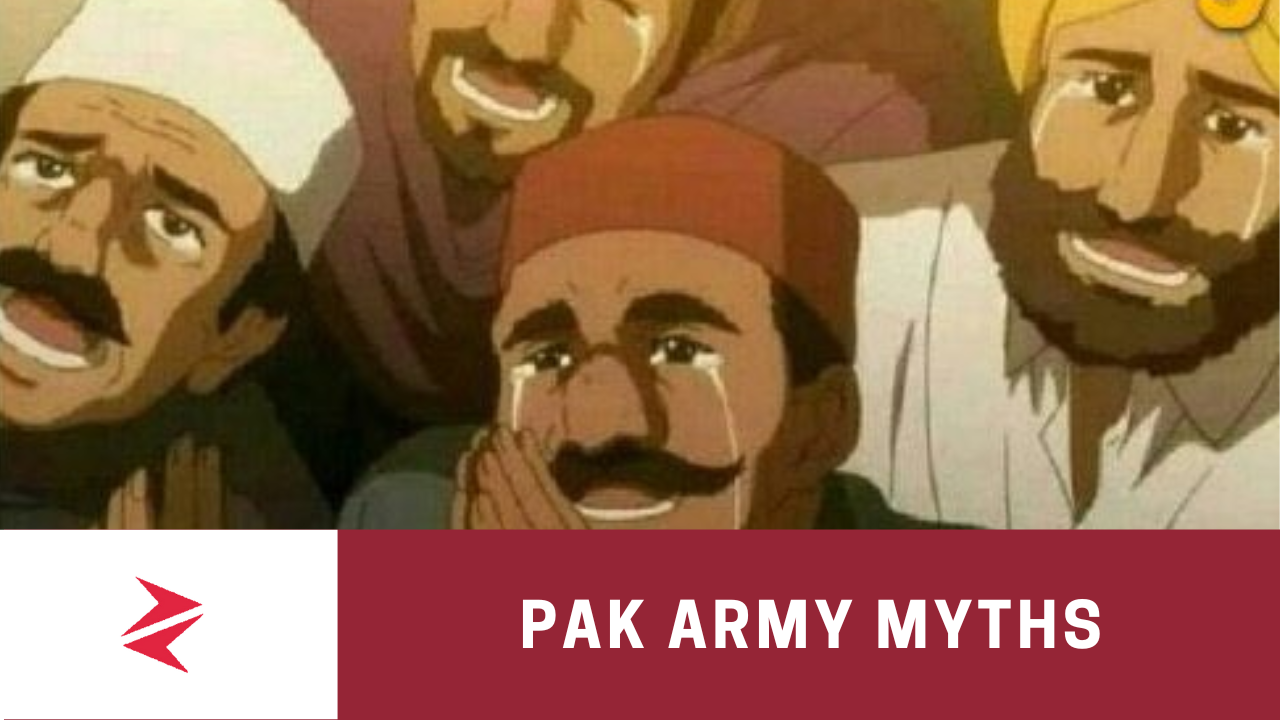We all have all sorts of myths associated with all professions and trades, but one thing is clear: we all have contributed (without exception) to bringing this country to its present condition. The problem is that the criticism of the Army along these lines is flawed; sometimes factually, sometimes logically. So it’s easily brushed off with these simplistic explanations. The reality is much more complex and their explanations are equally complicated.
In conclusion, it’s important to separate fact from fiction when it comes to military service and qualifications. It is important to dispel these myths and educate the public on the reality of military service and qualifications. By doing so, we can ensure that qualified individuals from diverse backgrounds have the opportunity to serve their country and pursue a fulfilling career in the military. The military offers a wide range of opportunities for individuals with diverse backgrounds and goals. So, if you’re considering military service, don’t let these common myths hold you back from exploring this option.
